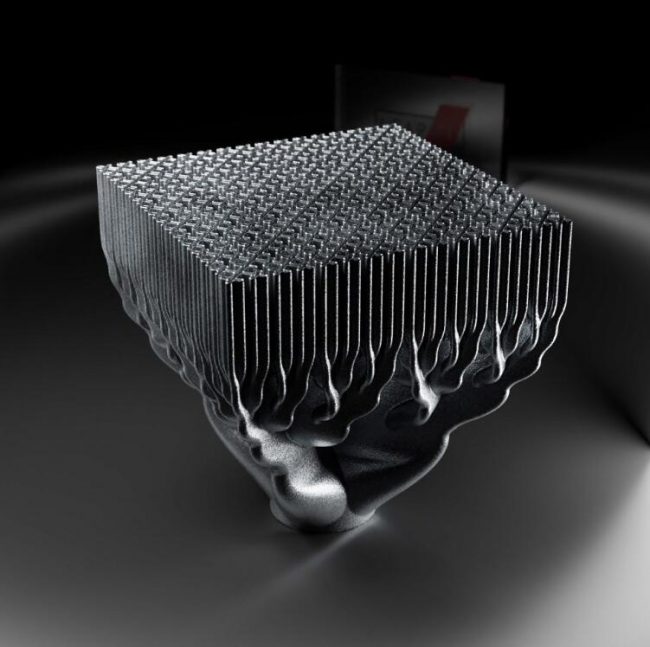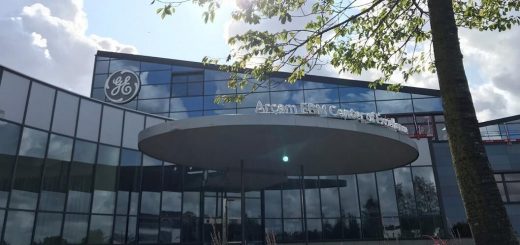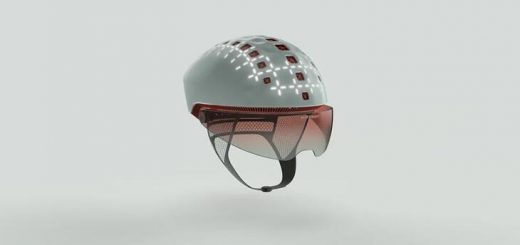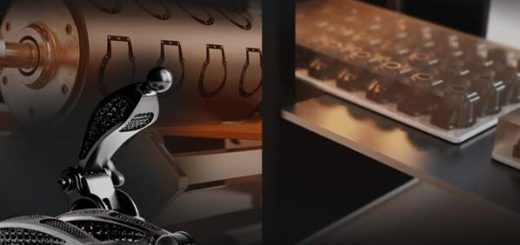LEAP 71 Will Team up with Partners to Build Fully-Qualified Aerospace Products Based on Computational Engineering
March 11th, 2024, at the Additive Manufacturing User Group (AMUG) Conference 2024, LEAP 71, a Dubai-based developer of computational and AI-based engineering technology signed a three-party agreement with California-based MIMO TECHNIK and ASTRO Test Lab.
Under the agreement, LEAP 71 will collaborate closely with MIMO TECHNIK, a leading metal 3D printing provider for the US aerospace and defense industry, and ASTRO Test Lab, the first lab dedicated to the full qualification, validation, and certification of 3D printed flight critical hardware.
The three companies will create an end-to-end workflow for the design, manufacturing, and validation of computationally engineered products primarily in aerospace, but also in mobility, heating and cooling, and other relevant sectors.

Josefine Lissner, Co-founder and Managing Director of LEAP 71 said: “Aerospace is a key focus for our company. Our computational systems can create sophisticated three-dimensional geometries based on encoded engineering principles and rooted in physics. However, we also need real-world manufacturing and testing feedback to continuously improve our models. By working with MIMO and ASTRO we can move to a truly collaborative workflow with a closed feedback loop, for the production and certification of very advanced systems.”
LEAP 71 has pioneered the field of Computational Engineering, where complex physical products are created using large software models. In this new paradigm, engineers encode their knowledge into computer algorithms. The resulting Computational Engineering Model (CEM) synthesizes the geometry and provides the data files for the manufacturing process.

Jonathan Cohen, CEO of MIMO TECHNIK said: “Over the past decade, MIMO TECHNIK built up the capability to produce complex metal aerospace parts at scale. Our technology stack allows us to control the metal 3D printing process in our facility on an unprecedented level. But how can we create designs that truly take advantage of our capabilities? When we saw the work that LEAP 71 is doing in this field, it was clear, that this is the answer to significantly elevating the state of the art of engineering and manufacture things that were never created before.”

Under the agreement, the companies will also be able to take on projects that fall under the ITAR/AECA regulations of the US Government. As fully qualified providers of US aerospace technology, MIMO and ASTRO will use and modify the LEAP 71 CEMs to create parts and products that cannot be engineered outside the United States.
Humna Khan, CEO of ASTRO Test Lab added: “When I look back at my two decades of work at NASA, SpaceX, and others, I always faced the challenge to incorporate feedback from manufacturing and testing into the design side of the equation. While 3D printing allows us to manufacture a different variant of an object every time we start a print, traditional engineering using CAD simply isn’t flexible enough to adapt to constant feedback from testing. Because of all the manual work involved, objects built today are far from optimal. Using LEAP 71’s computational approach, we can re-engineer in an instant, incorporate feedback that comes directly from our testing systems, and manufacture again, creating a virtuous cycle of innovation that is unheard-of, especially in the conservative field of space technology.”

Source: LEAP 71
For press release, welcome to send to 3D Science Valley at 2509957133@qq.com




Recent Comments